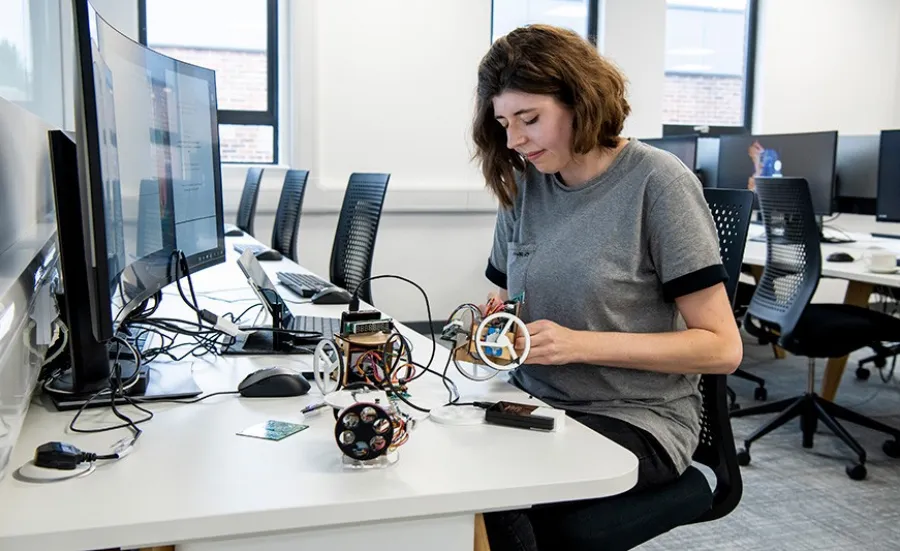Electronics and Computer Science
|
Photonics and optoelectronics
Harnessing Topological Light through Metasurfaces for Intelligent 3D Endoscopy
This PhD project will develop metasurface-enabled intelligent optical sensing for rapid, accurate identification of miniature features in endoscopy. Building on recent funding from the Engineering and Physical Sciences Research Council (EPSRC) and the Leverhulme Trust, this PhD combines advanced nanofabrication, machine-learning-driven optical design, and close collaboration with University Hospital Southampton, Nanyang Technological University (NTU), Singapore, and the Massachusetts Institute of Technology (MIT).


